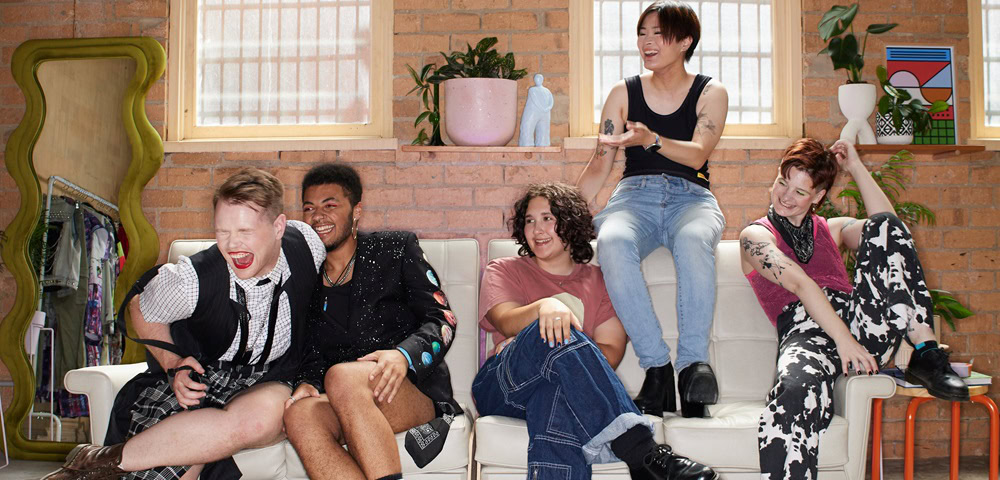
Aid grants tackle gay HIV spread
A peak national HIV organisation has welcomed a $3 million AusAID grant to tackle the spread of HIV in men-who-have-sex-with-men (MSM) in the Asia Pacific region but said it’s not nearly enough in the long-term.
Australian Federation of AIDS Organisations (AFAO) executive director Don Baxter said funding for HIV reduction programs specifically targeted at MSM has been overlooked in the region for some time.
“It’s not a huge amount of money by any stretch but on the other hand it’s a start,” Baxter said.
“The [Independent] Commission [on] AIDS in Asia report, released in 2008, indicated that by 2020 infections arising from sex between men would be the
largest single contributor across Asia for new infections, so it would contribute to 46 percent of new infections by 2020 unless programs scale up for MSM.”
The Rudd Government announced on World AIDS Day that Australia would provide $3 million over the next three years to Indonesia, Burma and Papua New Guinea for MSM-specific HIV prevention programs.
Baxter said AusAID has contributed around $60 million in the last five years to Indonesia to reduce HIV transmission through intravenous drug use, the main source of HIV infection.
“We’re not saying that shouldn’t happen or should be reduced, but if we’re going to be effective in curbing HIV infection in a population that’s going to be contributing the most, then we in Australia need to be allocating something like $30 to $60 million over the next five years on gay men and MSM in the region,” Baxter said.
A total of $1.5 million will now go to Indonesia to help roll out a national action plan on HIV prevention among MSM.
The rest of the funding will be split between the Three Diseases Fund in Burma for prevention programs and the Papua New Guinea National AIDS Council Secretariat for legal reform, education and health service improvements.
Baxter has also urged the Government to allocate funding to other countries such as the Philippines which, although with comparatively low HIV rates, is a potential “time bomb set to explode”.
“There’s a body of research which seems to indicate there’s a high risk [with] well-organised sexual networks some Filipinos refer to as ‘eyeball parties’, which means the boys have their eyeballs peeled on their mobile phones and internet screens, to see where the next party is about to happen.
“They’re often in private homes or apartments, so the availability of condoms and lubricants is often not there and there’s no sense of safe-sex culture.”
It’s estimated that five million people are now living with HIV/AIDS in the Asia Pacific region.









